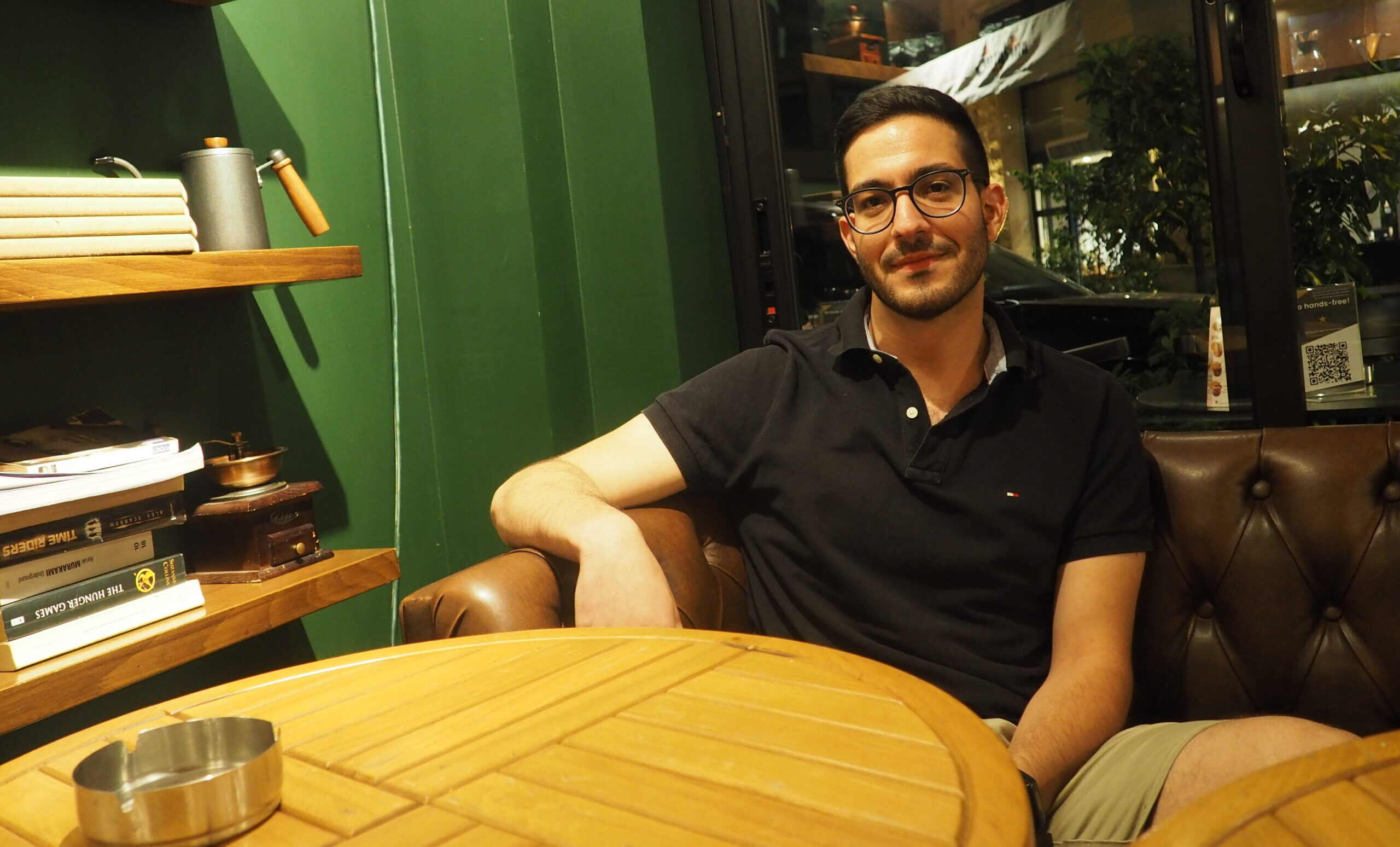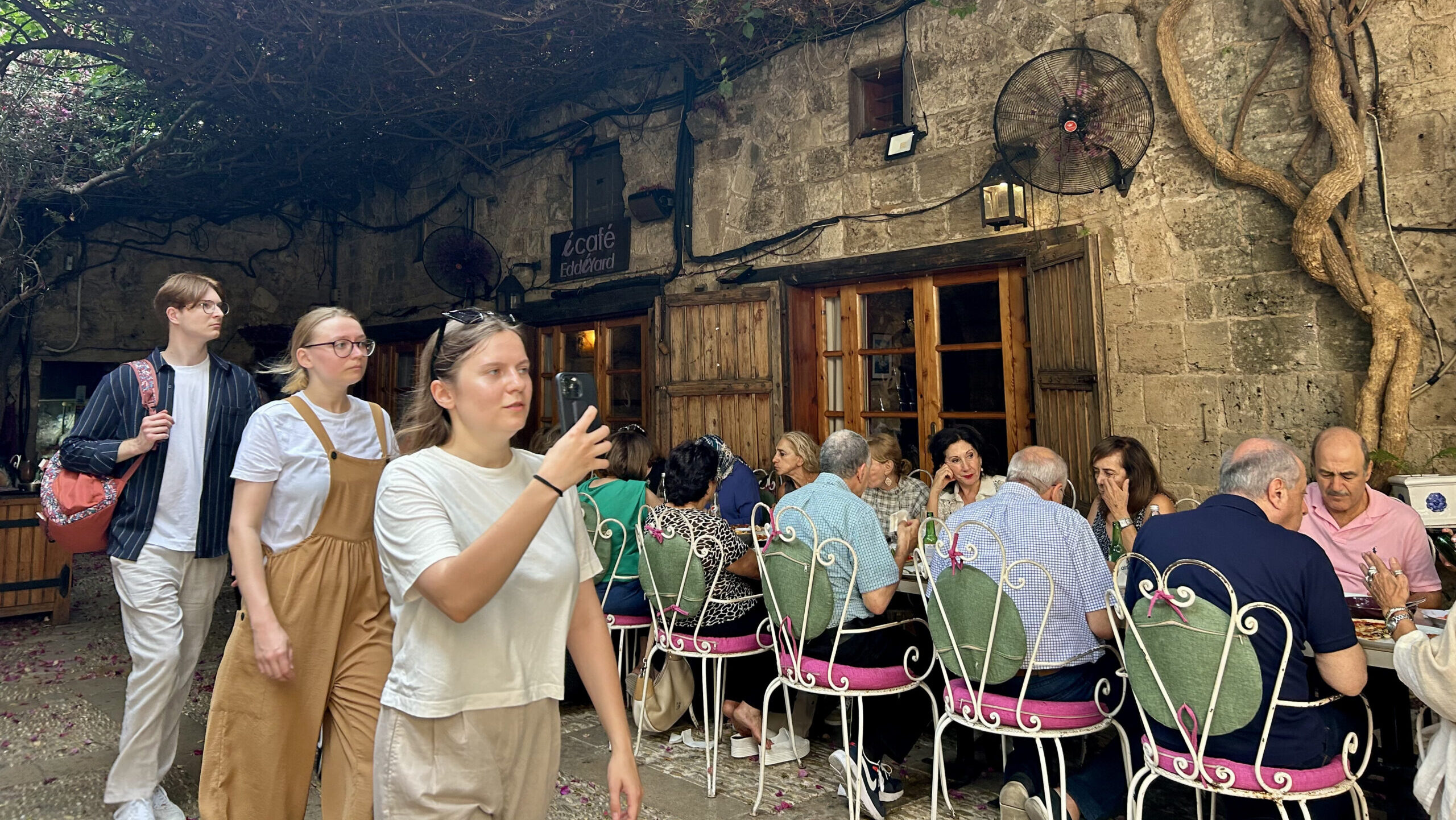Lebanon’s Economy Sees a Summer Boost as Expats Flock Home
With one of the biggest diasporas in the world, thousands of returning Lebanese expats give needed support to Lebanon’s struggling economy
[Beirut] Every summer, thousands of Lebanese citizens living abroad return home. This year, with Lebanon going through one of their most difficult periods, their return home is more important than ever as it provides a much-needed boost to the crippled economy.
The country has one of the biggest diasporas in the world, with approximately twice as many Lebanese abroad (8 million) as inside the country (4.6 million in 2020). Of the 2.2 million visitors in total expected this summer, it is estimated that 75% will be Lebanese expatriates. Their presence is equivalent to 40% of the country’s population.
For many of those who return, the trip is a breath of fresh air between family, food, and friends. For others, however, it is a reminder of the many reasons that expelled them from their country in the first place.
Before coming, I was very worried about the trip, because when I talk to my friends and family, it seems like they describe a country that is foreign to me
David Abou Chacra has lived much of his life in Lebanon. Due to the war with Israel in 2006, his family moved to Canada, where his mother is also from. Later, they returned to Lebanon, but in 2014, he decided to return to Canada to continue his studies. Now after completing his doctorate as an artificial intelligence engineer, he has returned to visit Lebanon for the first time in four years.

David Abou Chacra. (Andrea López-Tomàs/The Media Line)
“Before coming, I was very worried about the trip, because when I talk to my friends and family, it seems like they describe a country that is foreign to me,” he told The Media Line.
Lebanon currently does not get more than two hours of public electricity a day. Its local currency is depreciated by 95%, with one of the world’s highest inflation rates, and almost 80% of the population lives below the poverty line. Banks have frozen their depositors’ savings.
“It took me a couple of weeks to adapt to this new reality, but once I got used to it, it was like being back at home,” Abou Chacra said, explaining that he extended his initial two-week trip and ended up staying for two and a half months.
Summers in Lebanon are amazing, so honestly, I wouldn’t want to spend the summer anywhere else
On the other hand, Murielle El Feghaly chose to spend her entire three-week vacation in her country. Less than a year ago, she joined the more than 200,000 Lebanese who have left Lebanon in the last five years.

Murielle El Feghaly. (Andrea López-Tomàs/The Media Line)
“Summers in Lebanon are amazing, so honestly, I wouldn’t want to spend the summer anywhere else,” she said from France, where she works as a surgeon.
The tourism industry depends heavily on this type of tourist, who comes with foreign currencies willing to give a boost to the battered Lebanese economy, which is suffering one of the worst crises in the world since 1850 according to the World Bank. With an unemployment rate of around 30%, tourism is one of the few sectors that creates employment.
In May, acting Tourism Minister Walid Nassar predicted that tourism sector revenue this year will reach $9 billion, up from $6.5 billion last year. This expected figure is equivalent to 41% of Lebanon’s reduced GDP. And Lebanese expatriates have a lot to do with it. According to 2022 figures, this group of visitors represented 63% of total arrivals. In the first quarter of this year, its share increased to 68%.
In some ways, this dependence on Lebanese expatriates creates bubbles of income that the local population finds difficult to access, as prices rise before the summer season and do not lower once it ends.
Everything remains the same, although, at the same time, everything is different
“I had the feeling that there was more anger, but at the same time, nothing has changed. Everything remains the same, although, at the same time, everything is different,” El Feghaly told The Media Line.
“Everything is more expensive and is charged in dollars, so I didn’t even have to exchange to Lebanese pounds,” the 29-year-old surgeon said. Inside the country, only 13% of families have access to dollars, according to a 2021 study by the American University of Beirut.
“Before, we were all more mixed and integrated, but now we see a clear division with those who get paid in dollars,” Abou Chacra said.
The 31-year-old engineer explains his relationship with the country as “dysfunctional,” explaining that he feels “very powerless to change anything here.”
“In the end, one of my two countries has been very good to me, and the other, on the other hand, has been a disaster,” Abou Chacra said.
For recent expatriate Murielle, leaving Lebanon after this vacation “broke her heart.” However, she added that “being in the diaspora is difficult and interesting and exciting and a mix of everything.”
“After the pandemic and the explosion in the Port of Beirut [on August 4, 2020], those of us who lived outside felt strange, because we also suffered but in a different way,” Abou Chacra acknowledged. Therefore, returning every summer is essential for these expats.
“Lebanon is my roots, my ancestral land,” he said.


